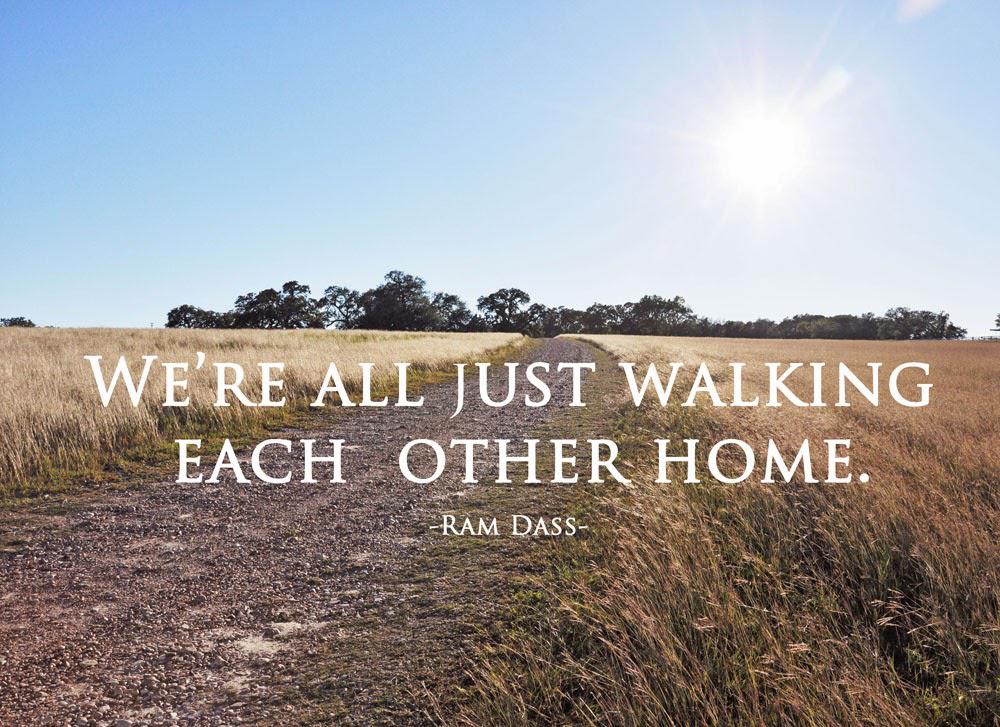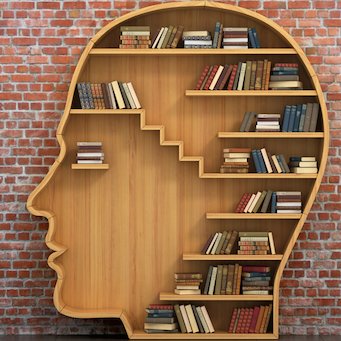For as long as I can remember, I have always loved words. Even before I learned English, I made up my own language to communicate with my cat and doll. Words meant so much to me. They seemed like magic. With the right words you might get others to understand your most important and secret feelings. With words you could begin to understand other peoples’ worlds. They were the key to everything!
As I grew I kept loving them more and more. Even though, or perhaps because, I was a book worm at heart, words were my own kind of magic. So I read everything I could, especially about other women’s lives. I wondered how they made it through the difficult world I saw outside my door. Words were my key to understanding my world. Then I learned how words could resolve misunderstandings and bring people closer together, another form of word magic. I always wanted to learn more.
Eventually I became a librarian with a whole building full of words. So many stories from all over the world, explaining why we do the things we do. I wanted to learn everything in those books! I began to wonder if I might write a book someday, but then I would find a book that expressed my ideas or feelings better than I could and say, “See, I hasn’t meant to be a writer.”
My own version of a midlife crisis at age 49 changed my mind. I felt like I had to write to understand and explain to others what I was experiencing. This phenomenal transition was too important for others to miss out on. That is when I became a writer. I started a blog that took off, with thousands of followers who seemed to understand what I was talking about. Words helped me to expand my world, all around the world! I had friends in Europe, Asia and Australia who understood the exceptional opportunity of changing everything in midlife.
Since then much has changed in my life. A traumatic brain injury in 2008 began to stand in the way of my wonderful relationship with words. I did get back to writing and still loved it, but then I learned, through a few concussions, that I needed to live on oxygen fulltime. And the concussions took their toll. Now I can only properly handle fewer and fewer words. A conversation with another can only go on for an hour or so before my brain gets tired and needs some silence to rest up for more time with others. Some days I have trouble remember the most basic words, like yesterday I had a hard time remembering the word for “dimples.”
For all of these reasons I will not be writing here much longer. My joy in writing is diminishing slowly. The concentration required seems to hurt my mind, especially being on the computer so long. After writing something like this I have to stare off into space for a while to recuperate.
But I do still love words and will continue that relationship for as long as I live. And I will also continue to admire when other writers get it so right. I believe this writer got it right in describing my favorite vision of life after death:
“There is a moment when your dreams and memories merge together to form a perfect world. That is heaven. Each heaven is unique. This is the world of you. The land is filled with all you hold dear, and the sky is your imagination.” – From the end of the movie “1883” written by Taylor Sheridan












